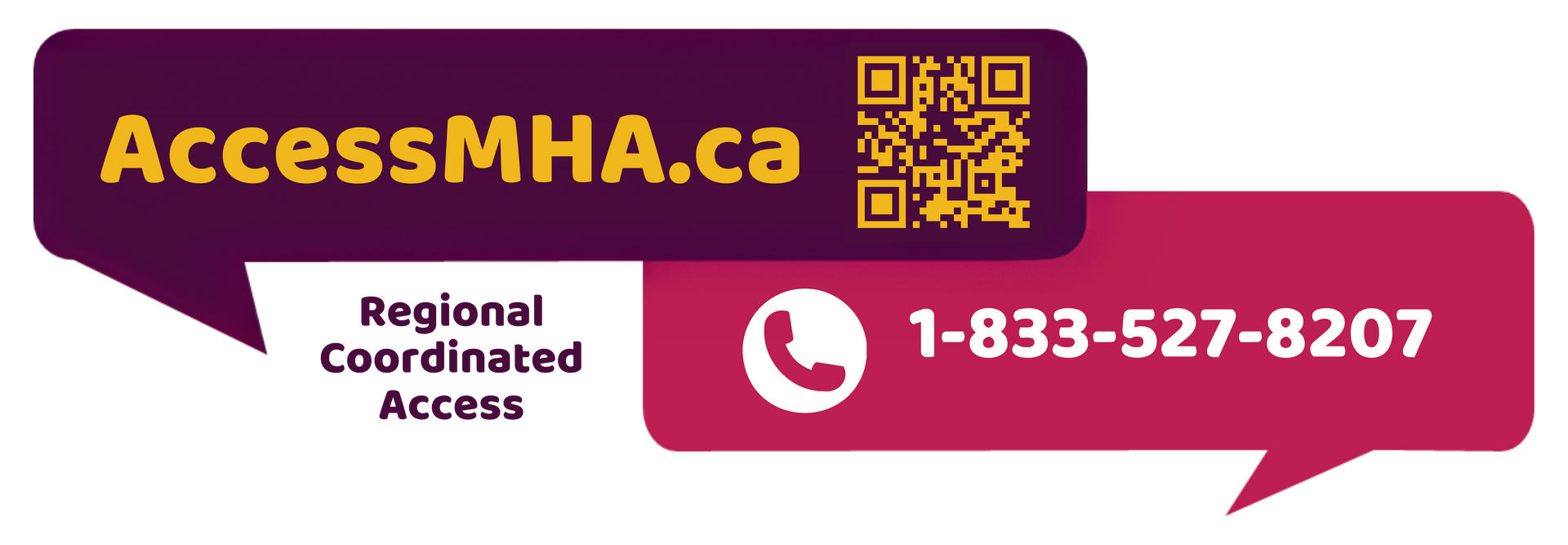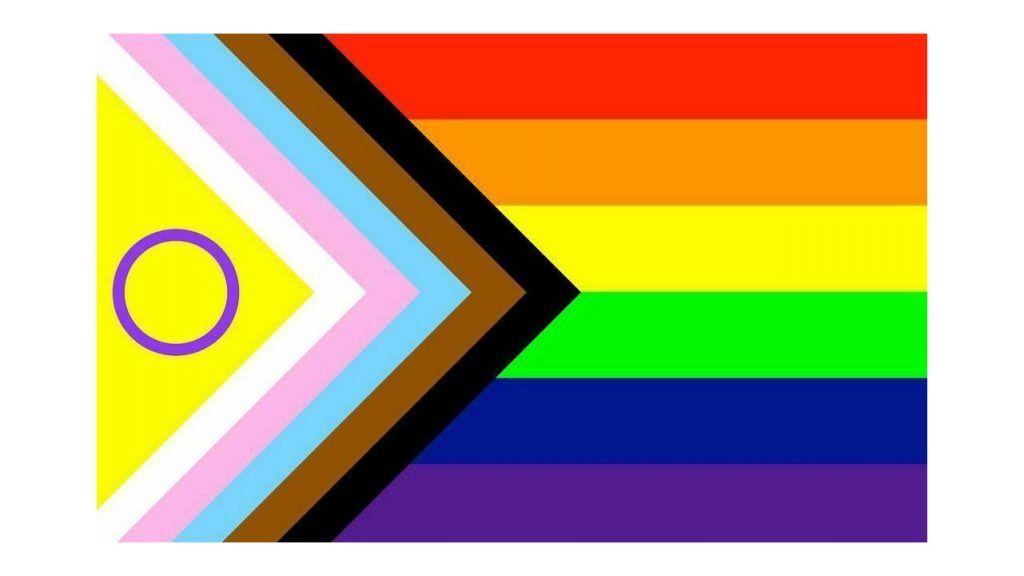Accessibility Policy
Updated: August 2023
Introduction
Lanark County Mental Health (LCMH) is committed to ensuring accessibility for all individuals, including those with disabilities, in accordance with the Accessibility for Ontarians with Disabilities Act (AODA) 2005. This policy outlines LCMH's commitment to providing high-quality services, facilities, and employment opportunities that respect the dignity and independence of individuals with disabilities. We are dedicated to creating an inclusive environment for all clients, visitors, and employees.
Policy Statement
LCMH is committed to providing accessible and inclusive services to all clients and visitors. We adhere to the Accessibility Standards for Customer Service under the AODA, as well as other relevant accessibility standards that apply.
Definitions
LCMH:
Lanark County Mental Health, including Perth Smiths Falls District Hospital and its Board of Directors and Committees.
Disability:
As defined in the AODA, any degree of physical disability, mental impairment, developmental disability, learning disability, or other conditions that affect an individual's abilities.
Assistive Device:
Technical aid, communication device, or medical aid used to increase, maintain, or improve functional abilities for individuals with disabilities.
Service Animal:
An animal used by a person with a disability for reasons relating to the disability, such as guide dogs or service animals.
Support Person:
A person who accompanies an individual with a disability to assist with communication, mobility, personal care, or medical needs.
Application
This policy applies to all persons who interact with members of the public on behalf of LCMH, including employees, members of the Board of Directors, and volunteers.
Communication with Clients or Visitors with Disabilities
LCMH will communicate with clients or visitors with disabilities in a manner that takes into account their specific needs. We will make reasonable efforts to ensure that our services are accessible and that individuals with disabilities can participate fully.
Provision of Goods and Services to Clients or Visitors with Disabilities
LCMH will provide services to clients and visitors with disabilities in a manner that respects their dignity, independence, and integration with others. We will make accommodations, where necessary, to enable individuals with disabilities to obtain, use, and benefit from our services.
Assistive Devices
Clients or visitors with disabilities are welcome to use their own assistive devices while accessing our services. LCMH will accommodate individuals using assistive devices unless there is a risk to their safety or the safety of others. In such cases, alternate measures will be provided to ensure accessibility.
Service Animals
Clients or visitors with disabilities are permitted to be accompanied by service animals on LCMH premises. If it is not readily apparent that the animal is a service animal, we may ask for documentation confirming its role. LCMH will accommodate service animals unless their presence poses a risk or is prohibited by law.
Support Persons
Individuals with disabilities may be accompanied by support persons while accessing LCMH services. We will ensure that clients or visitors with support persons have access to their support person while on our premises. In situations where confidentiality is a concern, we may seek permission from the client or visitor before discussing sensitive information in the presence of the support person.
Notice of Temporary Disruptions
In the event of temporary disruptions in services or facilities, LCMH will make reasonable efforts to provide notice to the public, clients, and visitors. Information about the reason for the disruption, its duration, and available alternatives will be communicated through visible postings or our website.
Training
LCMH will provide training to all staff and volunteers on the requirements of the Accessibility Standards for Customer Service (Ontario Regulation 429/07). Training will cover how to interact with individuals with various types of disabilities, the use of assistive devices, service animals, and support persons, and how to address accessibility concerns.
Feedback
LCMH welcomes feedback from the public regarding the delivery of services to individuals with disabilities. Feedback can be provided through various methods, including in person, in writing, or electronically. Information about the feedback process will be made available on our website and at our facilities.
Availability of Documents
All documents required by the Accessibility Standards for Customer Service will be made available upon request. LCMH will provide these documents in a format that is accessible to individuals with disabilities.
Policy Review
LCMH's management will review this policy annually or as needed to ensure compliance with legislative changes and to maintain its commitment to accessibility and inclusion.
Accessibility on lanarkmentalhealth.com
lanarkmentalhealth.com makes available the UserWay Website Accessibility Widget that is powered by a dedicated accessibility server. The software allows lanarkmentalhealth.com to improve its compliance with the Web Content Accessibility Guidelines (WCAG 2.1).
Enabling the Accessibility Menu
The lanarkmentalhealth.com accessibility menu can be enabled by clicking the accessibility menu icon that appears on the corner of the page. After triggering the accessibility menu, please wait a moment for the accessibility menu to load in its entirety.
Disclaimer
LCMH continues its efforts to constantly improve the accessibility of its site and services in the belief that it is our collective moral obligation to allow seamless, accessible and unhindered use also for those of us with disabilities.
Despite our efforts to make all pages and content on lanarkmentalhealth.com fully accessible, some content may not have yet been fully adapted to the strictest accessibility standards. This may be a result of not having found or identified the most appropriate technological solution.
Here For You
If you are experiencing difficulty with any content on lanarkmentalhealth.com or require assistance with any part of our site, please contact us during normal business hours and we will be happy to assist.
Contact Us
If you wish to report an accessibility issue, have any questions or need assistance, please contact LCMH.





